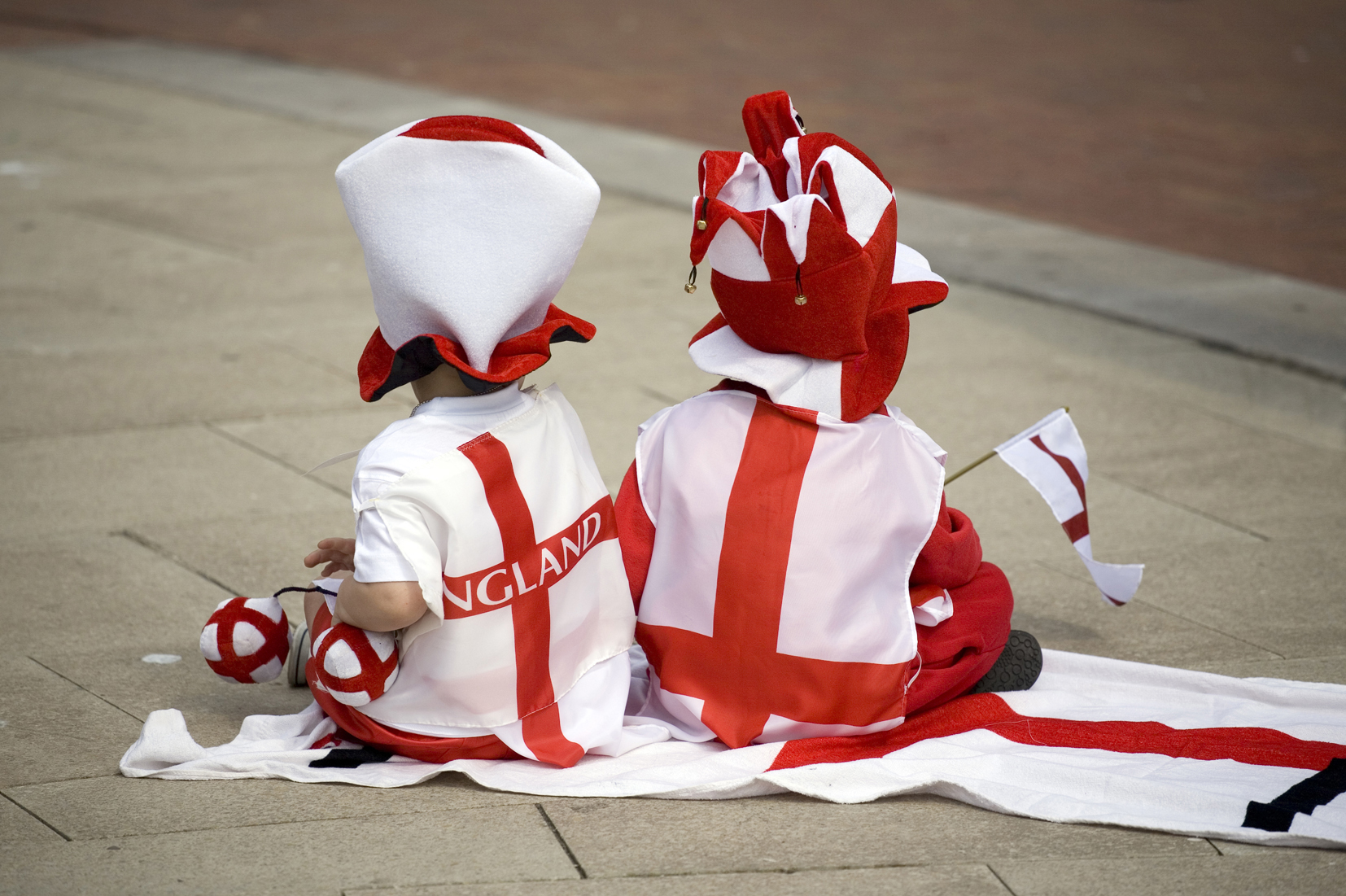A very English conundrum
“King Arthur Tales ‘penned in Oxford chapel’” announced the BBC on 23rd April. Apparently researchers have discovered where in England a book called ‘The History of the Kings of Britain’ was first written. The book features characters popular in English mythology such as Queen Guinevere, the magician Merlin and cites King Arthur’s final resting place in Avalon. The excitement surrounding this scholarly find has been generated by the fact the book was written at St George’s chapel prior to its demolition when Oxford Castle replaced it.
Wait a second. St George you say? Isn’t he some famous guy? Oh yeah. He happens to be the patron Saint of England! Not that we like to shout about it mind. On the morning of the 23rd of April I was quite happily wishing people a ‘happy Saint George’s day’ but for all the good it did. The English really aren’t the most patriotic of people. If there is a royal wedding or an England football world cup game then sure, then patriotism is in abundance. But on the day when Englishness is encouraged patriotism becomes just a notion on the distant horizon.
I think there is something iffy about the way nationhood and the homeland can be perceived in the 21st century. I think there is a fear that if one shows pride in their heritage and culture these days they can be perceived as narrow-minded toward the many facets of multiculturalism in English and British society today. There seems to me a slight sense of ‘I can’t enjoy a day about my culture in case people think I’m not very multicultural’. Actually that very coy inactivity is exactly an ideology that isn’t multicultural. There is more to ‘Englishness’ than the tea-drinking, fish & chip loving, stiff upper-lip stereotype that is often attributed to this country. There is such a huge interaction with so many varied and brilliant cultures, especially here on a site such as a university, that the 21st century notion of ‘Englishness’ has, or at least should have, expanded above and beyond that gross stereotype.
I’m very proud to be English and by extension British. There are many things wrong with this country but there are many things wrong with other countries too. Why can’t St George’s day be a public holiday? Is that really such a heinous question to ask? To actually stop for a bit and think… you know what? …This country has a rich past and hopefully a much richer future.
Since I’m an English Literature student perhaps it’s a little unsurprising that I’m partial to the past of English literary culture. I’ve studied works such as Sir Gawain and The Green Knight that tap into the Arthurian tales of old, which happen to be thumping good reads. The world of chivalry and the Knights of the Round Table might seem eons ago but… is it really? I find a comparison between the affability of an Arthurian knight and that of the conscientious nature of English men and women today. As the wonderfully-witty Twitter account Very British Problems suggests there is a tendency for us to be “sitting awkwardly for your whole journey to accommodate the staggering leg spread of the gentleman beside you”. The sense of courteousness bleeds its way from the Middle Ages right up until the present day. So a bit of nostalgia might not be as archaic a practice as it may initially seem.
So my hopes for St George’s Day in the coming few years: break down that stereotype, stop being afraid of being impolite and rude. Additionally, acknowledge that ‘Englishness’ is tangible and can be shaped into whatever the individual perceives it to be and even celebrate with a nostalgic portion of Fish and Chips if you are so inclined. Here is to next year then!


Comments